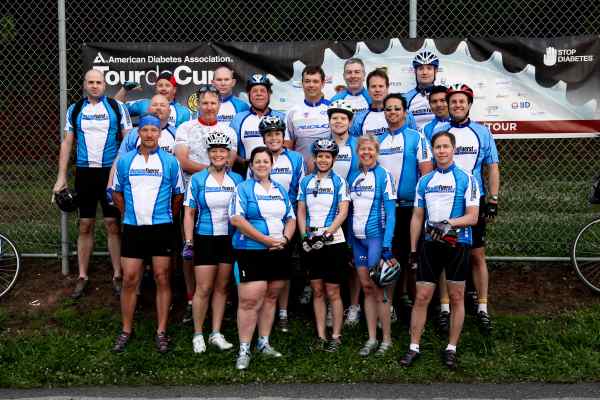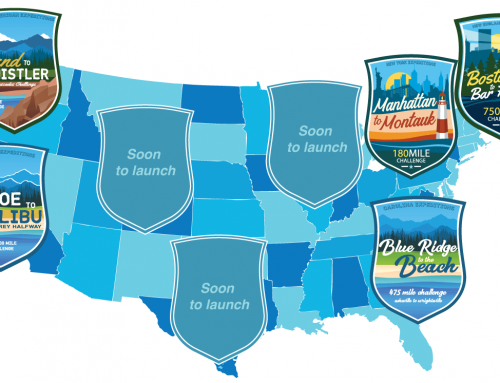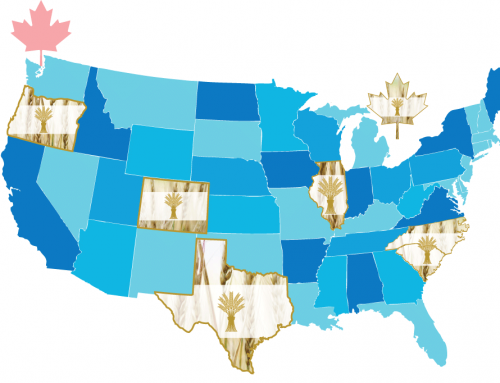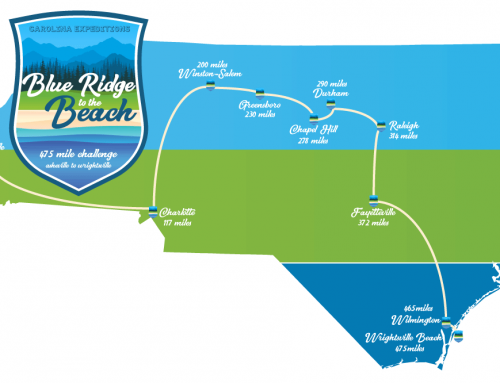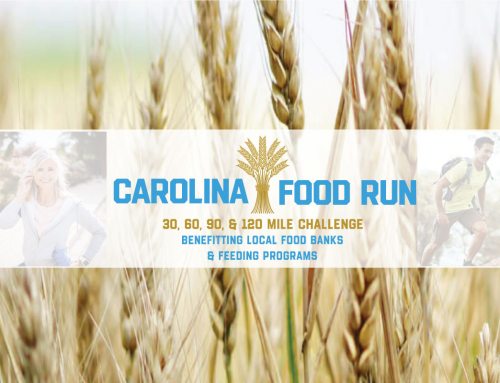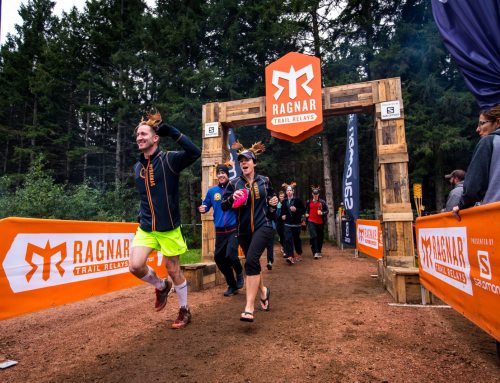By Thomas Henson
Not long ago, our firm was asked if we could quantify the benefits of our charitable works—much profit comes from our “doing good”? It was an interesting thought experiment, but in the end, we decided the question was flawed and based on a misconception of our business model. By asking us to translate outcomes into numbers, they assumed the motivation behind our corporate philanthropic activity was money.
That strikes me as too much of the “Greed is Good” mentality explored in the movie Wall Street. In our firm, we don’t ask how much we benefit from our philanthropic activities, but how many lives we improve. In fact, our Strategic Plan, updated annually, calls us to directly impact as many families and individuals as possible, and to rebuild the lives of clients with every opportunity.
Those are goals we can get behind.
We’re not the first to argue that there doesn’t have to be a direct financial payoff for charitable activities. The subject of altruism—helping someone even if there is no reward (or if there is a potential cost)— has sparked debate among some of the greatest minds in history. Charles Darwin saw altruism as a threat to his theory of natural selection—if life is about “survival of the fittest,” why would any individual bother to help those who are smaller or weaker? And yet, altruism exists everywhere. To deny altruism in business is to ignore the fact that organizations are run by people who bring their own personal history, values, and enthusiasms to the workplace.
In addition to being lawyers, we are also fathers and mothers, sons and daughters, brothers and sisters. We bring to our professional roles everything we are as thoughtful, emotional humans. It feels natural to invest in a number of causes and organizations we are passionate about. We don’t do it for an expectation of financial payoff, or to put on a façade for the world, or to get a fancy plaque. We do it because it is the right thing to do.
So… what is the right thing? A recent article on Forbes.com1 outlined how Coca-Cola separated its “corporate social responsibility” activities into three categories: 1) charitable acts they do without expectation of financial return; 2) valuable activities that impacted the community while also strengthening their brand; and 3) brand-strengthening activities that did little to help the community.
That seems to be a pretty good summation for a mega-sized corporation, but working in a smaller firm gives us the luxury of an additional category: passion projects.
Personal passions drive our largest charitable activities and investments. A great example has been our history of cycling in the American Diabetes Association’s annual Tour de Cure cycling event, a series of rides held in 44 states. This cause holds personal meaning for me because I was diagnosed with Type 1 Diabetes at the age of 9. I participated in this ride for all the kids newly diagnosed that do not have the medical support, training, and diabetes management techniques I have been fortunate to have. My dedication to cycling and my desire to honor and support kids with diabetes made the Tour de Cure a perfect vehicle for my passion. My firm sponsors the HensonFuerst Cycling Team, which rides in numerous other cycling fundraising events throughout the year, including the Raven Rock Ramble
(ravenrockramble.org), the Five-0 Memorial Ride
(www.bethemomentum.com/event/five-0-memorial-ride) among others. Find your passion, stirred by someone who needs your help, and find a way to pay it forward by participating in charity events in line with your vision.
Our philosophy will always be to invest in long-term relationships with those around us creating an impact that ripples out in a wide radius. Helping ourselves by helping others. In business, I believe that “survival of the fittest” is an antiquated concept. The lesson of the day is “survival of the community.” And kindness is one of the simplest, most satisfying ways of creating community and becoming connected in a meaningful way to those around us.
We’ve discovered that working a passion project promotes staff teamwork, translating to better office communication and relationships. Several employees have used the experience to jumpstart their own passion projects.
How much “good” can you see your own company doing? Imagine the impact if every organization harnessed the enthusiasms of their staff to do “good” in the community. The outcome and rewards have the potential to be life changing…for everyone.
Ride Safe, and I’ll see you on the road!
What are you passionate about? Share your stories of how you or your company gives back to the community on the HensonFuerst Facebook page. Let’s get the conversation started. www.facebook.com/HensonFuerst.
Thomas is the senior partner at HensonFuerst, PA attorneys, where he leads the Personal Injury and Catastrophic Injury Divisions of the firm. He spends much of his time on safety education and injury prevention, especially for children and in the cycling context. Thomas serves on the Board of Directors for the Brain Injury Association of North Carolina, and was appointed by the Governor to serve on the North Carolina Brain Injury Advisory Council, whose duties include advising the Governor and the Legislature regarding brain injury issues, as well as promoting and implementing injury prevention strategies across the state. Thomas loves cycling, especially with his wife, Terry, and son, Alex.


